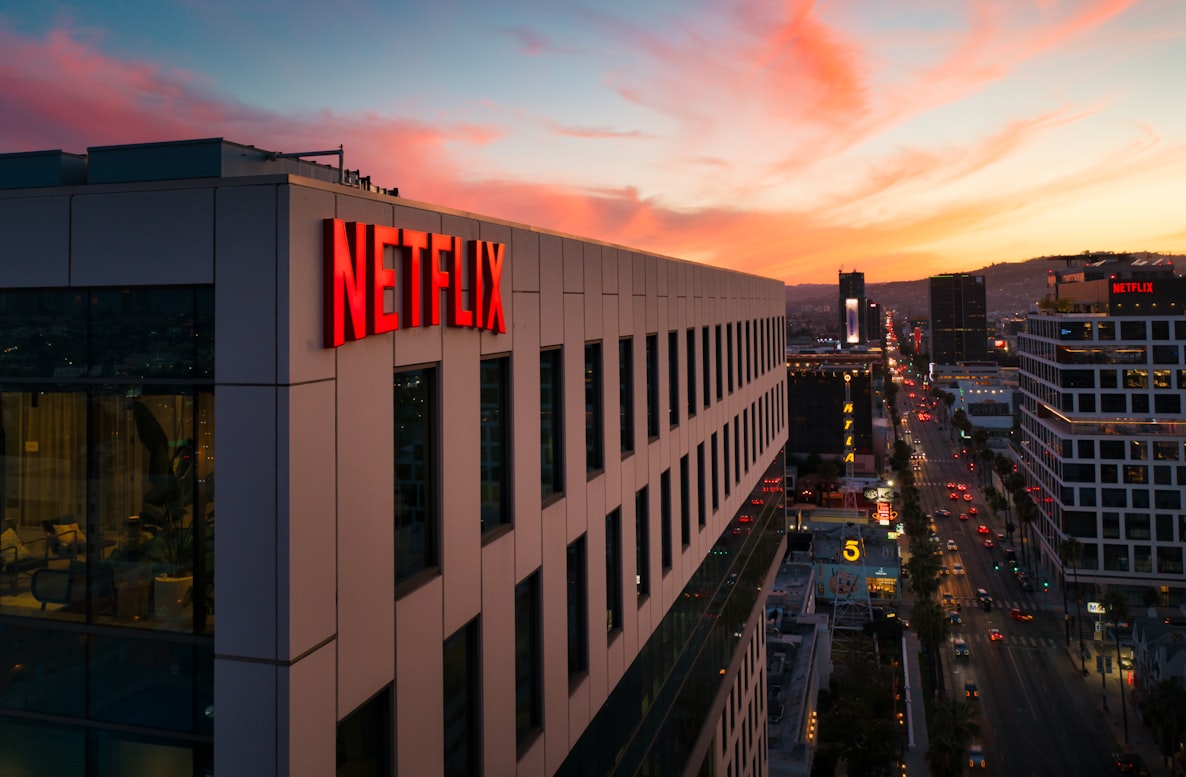
Netflix Confirms AI-Generated Scene in Hit Show, Igniting Industry-Wide Debate
Jul 19, 2025 |
👀 34 views |
💬 0 comments
The line between human and machine-generated art has officially been crossed at the world's biggest streaming service. Netflix has confirmed it used generative artificial intelligence to create final, on-screen visual effects for its hit Argentine sci-fi series, "The Eternaut," a move that is being hailed as a landmark moment for production efficiency and simultaneously condemned as a worrying omen for creative professionals.
During a recent quarterly earnings call, Netflix co-CEO Ted Sarandos revealed that a key sequence in the show—depicting a building collapsing in Buenos Aires—was not created with traditional CGI but with the help of generative AI tools developed by Netflix's in-house tech group.
The results, according to Sarandos, were a resounding success. "That VFX sequence was completed 10 times faster than it could have been completed with traditional VFX tools and workflows," he told analysts. He emphasized that the cost of creating the scene using conventional methods "just wouldn't have been feasible" for a show of that budget, framing the technology as a way to empower creators with smaller budgets to realize grander visions.
"This is real people doing real work with better tools," Sarandos insisted, positioning AI as an assistant, not a replacement. "The creators were thrilled with the result. We were thrilled with the result. And more importantly, the audience was thrilled with the result."
The revelation is significant not just because AI was used, but because it went largely unnoticed. "The Eternaut" has been streaming since April, and until Sarandos's admission, its use of AI had not been a public talking point, unlike the immediate backlash Disney+ faced for the AI-generated opening credits of "Secret Invasion."
This successful, under-the-radar implementation is now at the center of a roiling controversy that touches on the deepest anxieties of the creative industry. The news comes just a year after the historic Hollywood strikes, where the threat of AI replacing writers and actors was a central and fiercely debated issue.
The reaction has been sharply divided:
Proponents see this as the democratization of high-end visual effects. They argue that AI can level the playing field, allowing international productions and independent filmmakers to achieve a level of spectacle previously reserved for nine-figure Hollywood blockbusters.
Critics and Creatives are deeply concerned. For them, this is a "dangerous precedent." The fear is that studios will increasingly use the arguments of speed and cost-savings to justify phasing out human VFX artists, writers, and other creatives, leading to significant job losses and a potential homogenization of art.
Netflix has made its stance clear: it sees AI as a powerful tool to make content "better, not just cheaper." But as this technology becomes more integrated into the production pipeline, the entertainment world is watching with bated breath, asking a critical question: is this a tool that will augment human creativity, or one that will ultimately automate it? With "The Eternaut," the debate is no longer theoretical—it's streaming in millions of homes right now.
🧠 Related Posts
💬 Leave a Comment
